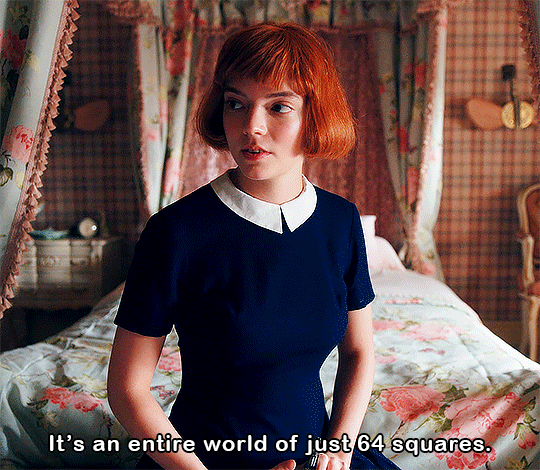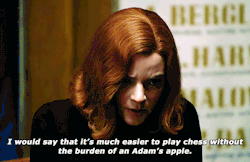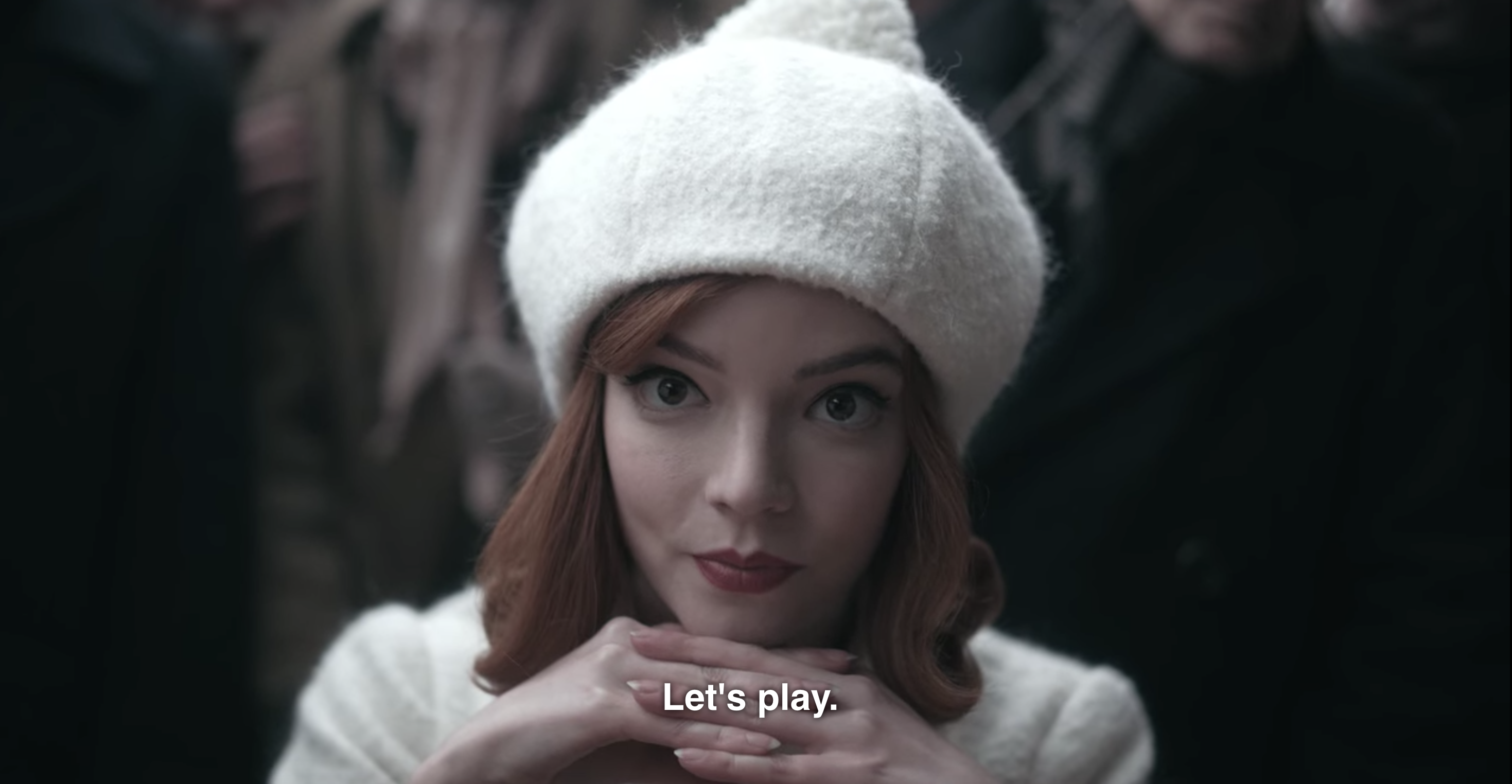The suppression and destruction of the written word has been the hallmark of totalitarian regimes throughout the ages. One of the most brutal and infamous examples of such censorship was the book burning conducted in Nazi Germany. The 2013 drama The Book Thief tells the story of a young girl who finds solace in the very books that she is told to destroy as she comes of age under the shadow of the Third Reich. This tale of hardship and hope is a love letter to literature that is guaranteed to have you rushing to the nearest library and reaching for a pen and paper.
The story begins in 1938 Germany as Liesel Meminger travels to meet her foster parents following the arrests of her communist parents and death of her younger brother. Fortunately she quickly forms a bond with her foster parents, gruff but loving laundress Rosa and gentle painter Hans. When she is bullied at school for being illiterate, Hans begins teaching her to read and she quickly develops a passion for literature. To escape the political oppression surrounding her she escapes into the freedom of stories. She then risks her own safety by stealing books from the town's book burnings and borrowing censored books from Rosa's customers. When Hans and Rosa hide a Jewish teenager, Max, in their basement Liesel is mortified to discover the full horror of the regime that she and her family are living under. Even as darkness closes in all around her, however, she uses the power of stories to make her own light and share it with those around her.
In the classic film Dead Poets Society Robin Williams famously declared that "words and ideas can change the world", a message that The Book Thief illustrates in each moment of its over two hour running time. While the books that Liesel reads do not change the devastating reality unfolding around her they do provide her with the tools necessary to survive that reality with her integrity and humanity intact. Through the stories that she reads she finds an escape from the cruelty around her and gains vital insight into a world beyond the Third Reich. In this way, she is able to access ideas that directly counter the indoctrination that she is subjected to and learn to see the world as something other than the Nazis' sinister vision. Similarly, books provide her with a community beyond the reach of the state as she bonds with Hans, Max, and even the mayor's wife, Elsa over their shared love of reading. When she begins to create her own stories Liesel employs the lessons that she has learned to create a new, more just, world of her own which she uses to inspire those around her. In one of the film's most poignant moments Max credits Liesel's stories and friendship with keeping him alive. Through their ability to inform, inspire, comfort, and bind us together stories have the power to help us not only survive but thrive even in the most adverse of circumstances. It is this power that makes the written word so vital and so dangerous. Book burnings may have ended but the instinct behind them remains all too present. With each passing day more books are being suppressed before they can even be published while beloved stories are being banned by the shelf full. There are indeed dangers hidden between the pages of these titles, but not the dangers of violence and hate that the censors claim to be protecting us from. The threat that these modern book burners fear is the same one that drove their predecessors; the power of literature to free the mind. Even as books burnings have returned in a new form, however, so too have a new generation of book thieves. It is time that the woke mob awakened to the knowledge that pages may burn but, as Liesel reminds us, the ideas that they express can never be fully canceled.
Thanks to the work of its stellar cast the film manages to relate an inspiring tale even as it transports viewers to the darkest days of the twentieth century. Nico Liersch is a delight in his endearing performance as Liesel's best friend and would-be suitor, Rudy. Ben Schnetzer lends gravitas to the proceedings in his world weary turn as the Jewish refugee who becomes Liesel's mentor, Max. Emily Watson steals each scene in which she appears in her by turns humorous and heartbreaking portrayal of the prickly Rosa. Geoffrey Rush infuses Hans with a warmth, wisdom, and moral uprightness to rival Atticus Finch. Sophie Nelisse carries the weight of the film upon her young shoulders as she expertly personifies Liesel's trauma, passion, resilience, and optimism in a mature performance that belies her years.
At one point in the novel The Book Thief Liesel wonders "when the books and the words started to mean not just something, but everything". Through its engrossing script and engaging performances The Book Thief highlights the vital role that stories play in bringing people together even as everything around them threatens to tear them apart. In its inspiring portrayal of one girl's resilience in the midst of oppression the film offers vital insight into the past and a dire warning for the future. After just one viewing your heart is guaranteed to have been stolen by The Book Thief.





